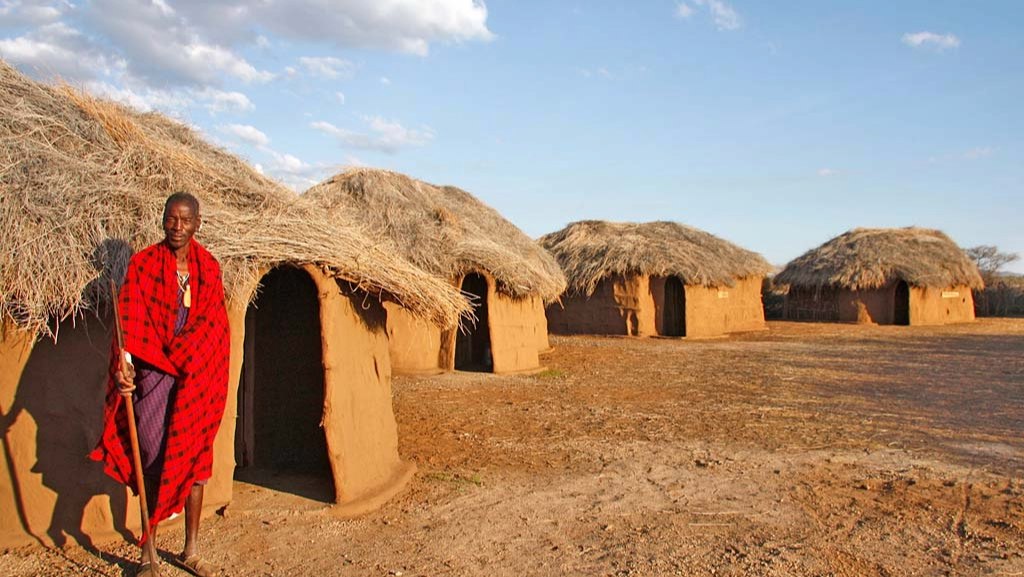
Imagine stepping into a world where tradition weaves itself into every smile, every dance, and every conversation. That’s what awaits you as we dive into the experience of visiting a Maasai Village in Tanzania.
Beyond the ordinary, this journey promises vibrant culture, warm hospitality, and hands-on exploration. So, let’s set out together on Tanzania Safari Vacations, discovering the heart and soul of the Maasai Tribe and what makes their village a captivating destination.
Table of Contents
ToggleMaasai Tribe and their Villages – Who Are They?
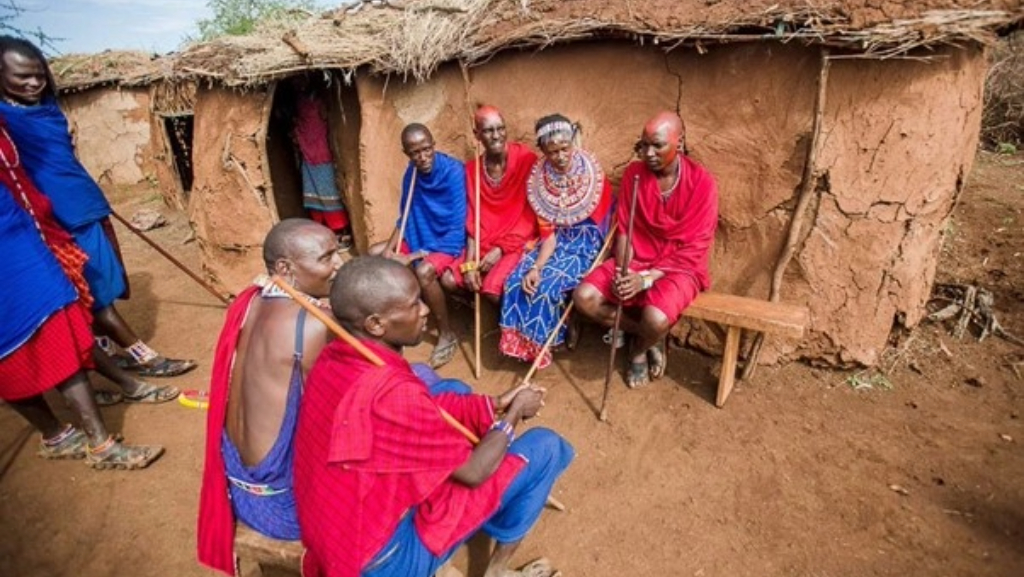
The Maasai Tribe, predominantly located in Tanzania and Kenya, are known for their semi-nomadic pastoral lifestyle.
- Their existence is deeply intertwined with the land, and their traditional dwellings, known as Manyattas, dot the East African landscape.
- Their villages, adorned with traditional huts known as Manyattas, dot the savannah, offering a glimpse into a life intertwined with nature.
- As you stroll through a Maasai Village In Tanzania, you witness a living history, where elders share wisdom, and the youth engage in traditional dances that echo the heartbeat of their culture.
Exploring Maasai Culture: What Your Journey Holds
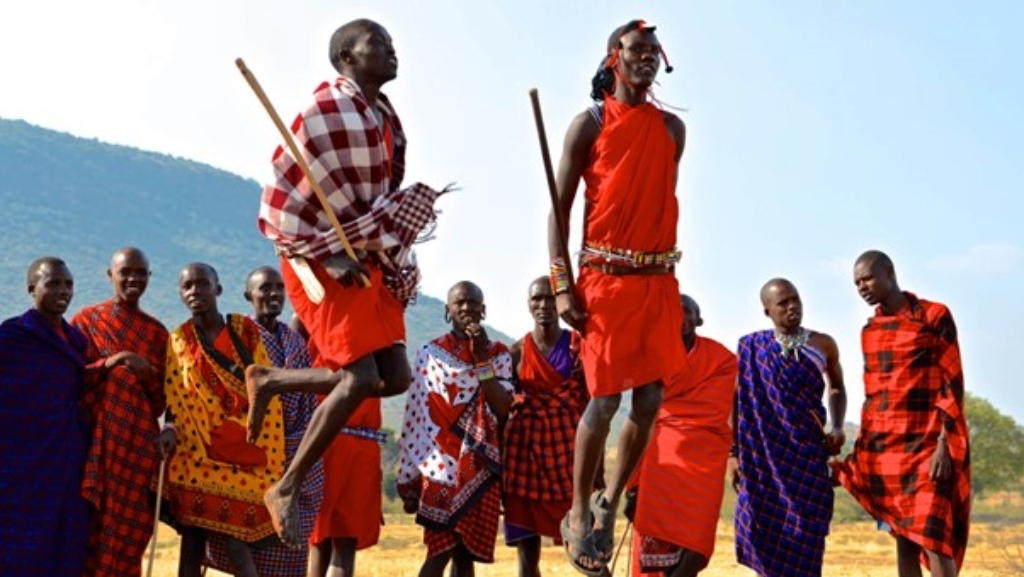
Curious about what unfolds during a Maasai Cultural Tour In Tanzania? Get ready for an immersive experience filled with vibrant dances, hands-on learning, and encounters with a rich tradition. Discover what awaits you on this cultural journey.
Warm Welcome and Traditional Dance:
As you approach a Maasai village during your Tanzania Safari Vacation, be prepared for a warm welcome.
- The Maasai are known for their hospitality, and a traditional dance performance often marks the beginning of your Tanzania Cultural Tours.
- The rhythmic beats of the music and the graceful movements of the dancers provide a mesmerizing introduction to the vibrant Maasai culture.
Interactive Learning Experience:
A Maasai Cultural Tour In Tanzania is not a passive observation but an opportunity for hands-on learning. Engage with Maasai warriors, eager to share their survival skills.
- Learn the ancient art of fire-making using traditional methods, understand the intricacies of crafting tools from natural resources, and gain insights into the art of cattle herding.
- This immersive experience allows you to appreciate the resourcefulness and resilience of the Maasai people.
Exploring Traditional Dwellings:
Wander through the village and marvel at the traditional Maasai dwellings. Constructed from mud, sticks, and cow dung, these Manyattas are both sustainable and functional.
- The architecture reflects a harmonious relationship with nature, providing shelter that blends seamlessly into the surrounding environment.
- Take a step back in time as you appreciate the simplicity and effectiveness of the Maasai Tribe Culture.
Insights for Your Maasai Tribe Visit: What to Keep in Mind
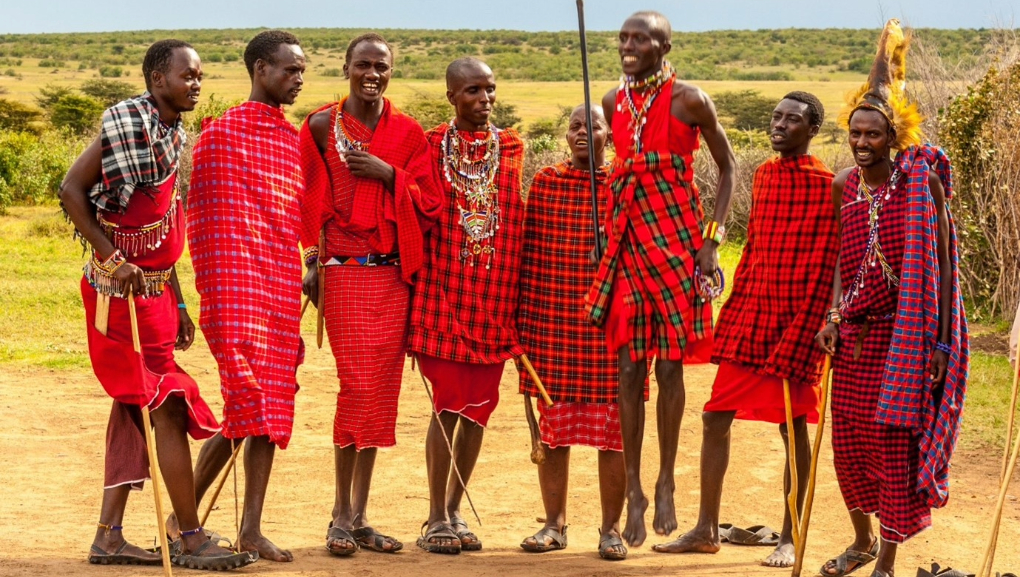
During Maasai Tribe visit, gain valuable insights on navigating this cultural encounter. From language nuances to cultural respect, discover what to keep in mind for a meaningful and harmonious experience.
Cultural Sensitivity:
Respect for the Maasai Tribe Culture and their way of life is essential. When visiting a Maasai village, approach the experience with cultural sensitivity.
- Seek permission before taking photographs, as some Maasai believe that capturing an image takes away a piece of their soul.
- Engage with the locals respectfully, understanding that you are a guest in their home.
Language and Communication:
While English may be spoken to some extent, Swahili and Maa, the Maasai language, are predominant.
- Learning a few basic Swahili phrases can go a long way in fostering communication and building connections with the villagers.
- A simple “Jambo” (hello) or “Asante” (thank you) can break the ice and convey your appreciation for their hospitality.
Distinctive Maasai Dress
Identifying a Maasai tribesperson is often as simple as glancing at their attire. The vivid colors and intricate beadwork are not just ornamental; they tell a story.
- The Maasai Tribe Clothing is a visual narrative of their age, marital status, and social standing.
- Each bead is meticulously chosen, creating a kaleidoscope of tradition woven into fabric.
Authentic Maasai Cuisine:
No Cultural Tours In Tanzania is complete without a taste of the local cuisine. In a Maasai Village, you have the opportunity to taste authentic Tanzania Foods prepared by the Maasai with fresh and locally sourced ingredients.
- The cuisine reflects the nomadic lifestyle of the Maasai, with a focus on dairy products, meat, and grains.
- Don’t miss the chance to try traditional dishes like Nyama Choma (grilled meat) and Maasai tea, a unique blend of herbs and spices.
Guidelines for a Respectful Visit to a Maasai Village in Tanzania
Heading on a Safari Vacation In Tanzania to a Maasai Village? Well, navigate with respect using these simple do’s and don’ts. Ensure your visit is not just memorable but also a positive and culturally enriching experience.
Pack Curiosity, Respect, Adventure – Maasai Welcomes Your Spirit.
And there you have it – the incredible world of the Maasai village in Tanzania awaits, ready to unfold its vibrant traditions and warm hospitality. In fact, it’s an opportunity to connect, learn, and create lasting memories during your Tanzania Safari Vacations.
Now, if the idea of immersing yourself with the culture of Maasai Tribes has sparked your curiosity, why not take the plunge with Conservation Caravan Safaris
? We’re not your typical tour guides; we’re your partners in unlocking genuine experiences.
So, what are you waiting for? Pack your enthusiasm and join us for a journey that goes beyond sightseeing.
Related Posts

Escaping The Crowds On Your Tanzanian Safari Vacations!
Amidst the charm of untamed landscapes and wildlife, the reality of crowded tourist hotspots can sometimes diminish the serenity of the experience. No need to worry though, fellow safari enthusiasts, …
Read More
Are You Listening To Your Tanzania Safari Guide – Yes/No
In the mesmerizing realm of savannah’s wildlife, your Tanzania Safari Guide serves as your gateway to understanding and appreciation. But, are you truly tuned in to your safari guide's wisdom? …
Read More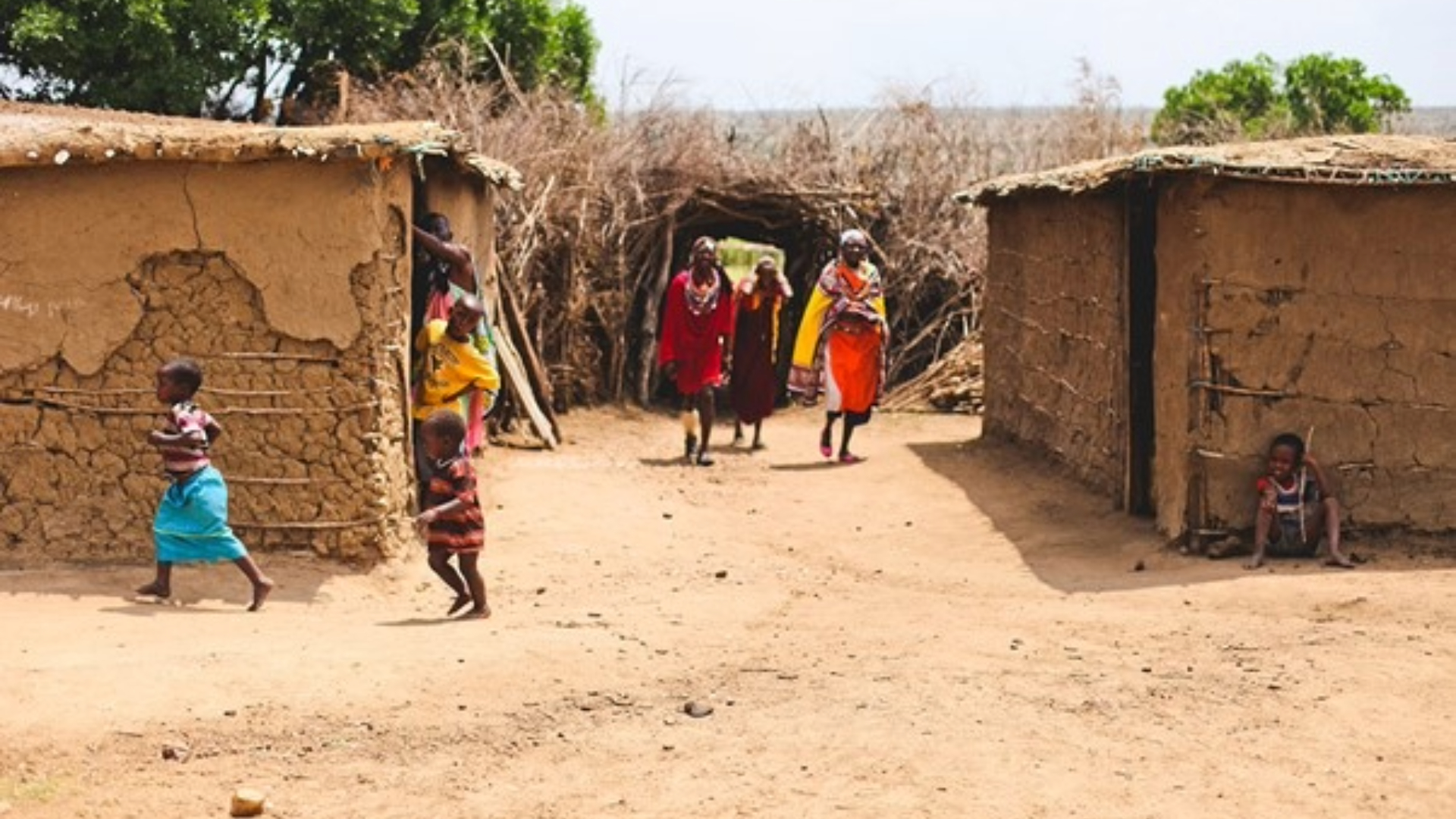










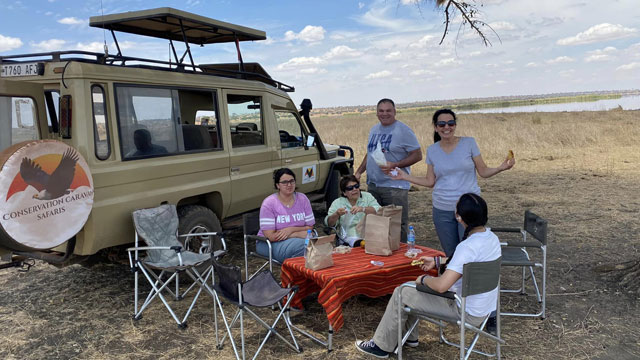
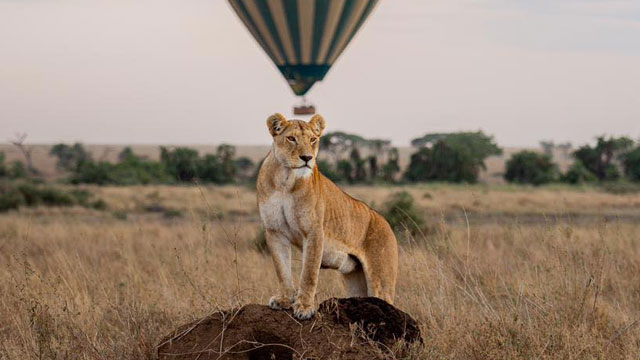
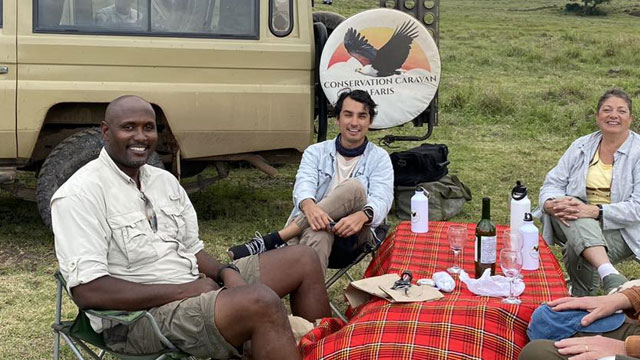






No Comments